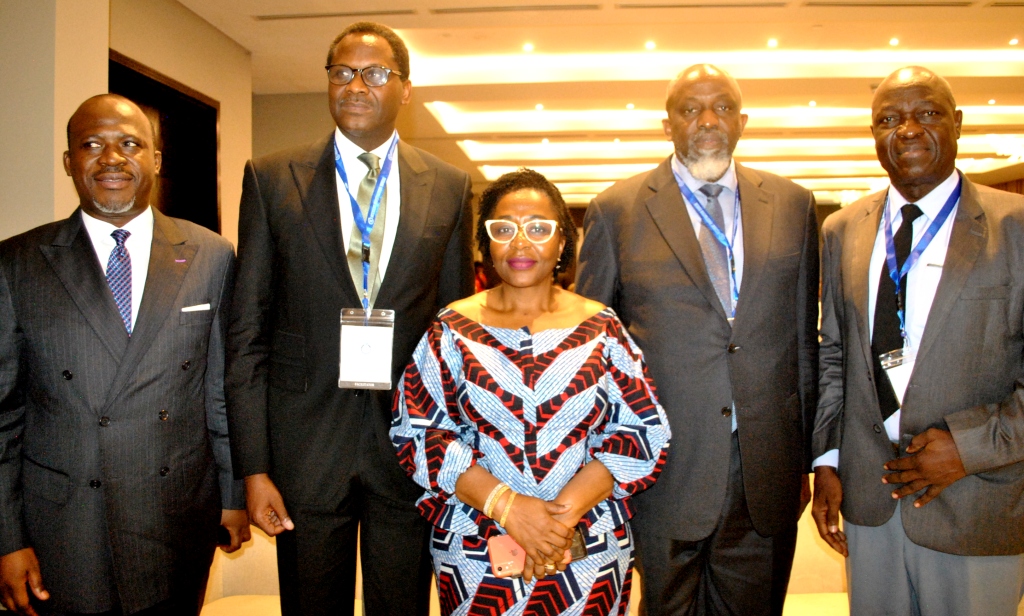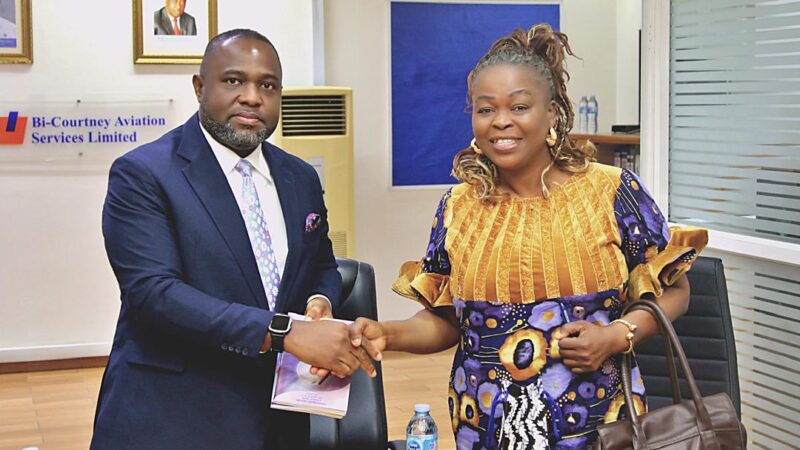ICAO’s Annex 13 is a reference point for accident investigations, experts

…say Nigeria cannot do otherwise
Arising from the fact that air accidents can reduce the propensity to fly, cause irreparable damage and trauma to victims down family lines, some legal practitioners and pundits in Nigeria’s aviation industry have suggested that provisions should be made in the regulations guiding Accident Investigations to criminalise actions/inactions of pilots, airlines and regulators.
According to the proponents of this school of thought, the provisions of Annex 13 on aircraft accident and incident investigation, made available by the International Civil Aviation Organisation (ICAO), can be made flexible to accommodate windows for factual evidence which may be tendered to court to prosecute anyone found culpable in the cause of crash.
This, however, was called to caution by a veteran aviation expert. Capt. Dele Ore, a former staff of Nigeria Airways, said ICAO’s Annex 13, which highlights that air crash investigations should not focus on finding faults or criminalizing of offenders but be used to forestall future occurrences, remains a reference point for all accident investigations involving aircraft in flight.
Speaking at the Stakeholders Forum organized by the Accident Investigation Bureau (AIB) with a view to amend the regulations guiding its mandate, Capt. Ore said “If accident investigations were meant to punish offenders, the aim would be defeated” because those that have the onus for investigation will want to protect their friends and relatives found culpable and “the investigation will be full of lies.”
He noted, however, that Nigeria can take exception from the provisions of Annex 13 and declare to the whole world of its position to criminalise such investigations, but cautioned that it would only cause chaos in the industry and raise critical questions about the integrity of the bureau, adding that “It’s better not to start what we can’t finish.”
In chapter 3 of the Annex, the objective of inquiry and investigation regarding cause of any crash is clearly stated: “The sole objective of the investigation of an accident or incident shall be the prevention of accidents and incidents. It is not the purpose of this activity to apportion blame or liability.”
However, the attention of Contracting States is drawn to the obligation imposed by Article 38 of the Chicago Convention by which Contracting States are required to notify the Organization of any differences between their national regulations and practices and the International Standards contained in this Annex and any amendments thereto.
Other concerns were hinged on the need to allow the Bureau do its job without interference by the Nigerian Civil Aviation Authority (NCAA).
In reaction, however, the Director General of the NCAA, Capt. Muhtar Usman, drew attention of the Bureau to the Nigerian Civil Aviation Act, 2006 Part VIII, Section 29 (13), which states that “On the basis of the findings of an accident investigation, the Authority (NCAA) shall be informed and the Director General shall take corrective actions that, in the judgment of the Authority, will prevent similar accidents in the future.”
Usman explained that to enable the NCAA comply with the requirements of the Act, which shoulders the responsibility of accident investigations on the AIB in line with its (AIB’s) regulations, “the Authority has constituted a team of inspectors from the different technical areas and specialties of Airworthiness, Flight Operations, Air Navigation Services, Personnel Licensing and Aerodrome Operations.
“On receipt of the draft reports on serious incidents and accidents from the Bureau, the team reviews the report in order to enhance its value, determine the necessity (whether to or not) to implement the safety recommendation and where required, develop safety actions to appropriately address the safety recommendations. The NCAA’s response is forwarded to the Director General for amendments and acceptability and thereafter to the Bureau. Several Final Reports issued by the AIB contain these safety actions by the NCAA,” he said.
The cordial relationship between the AIB and the NCAA, which has existed based on an MoU since 2009, was, however cautioned by the Managing Director and Chief Executive Officer of Aero Contractors, Capt. Ado Sanusi, siting instances that the NCAA might be found culpable in the course of investigations by the Bureau and may be held accountable without fear or favour.







